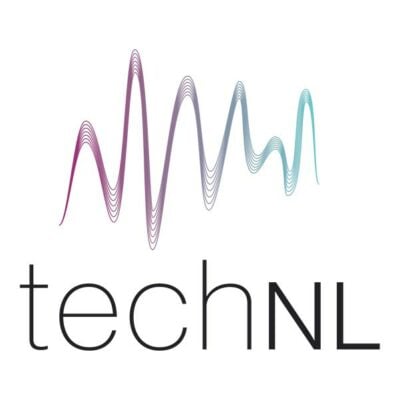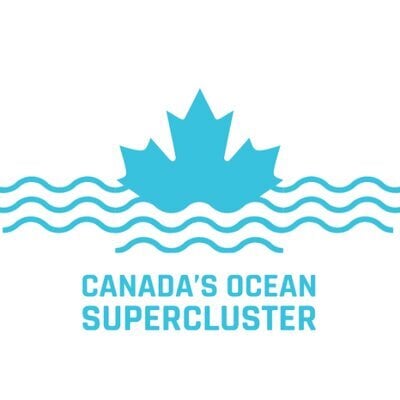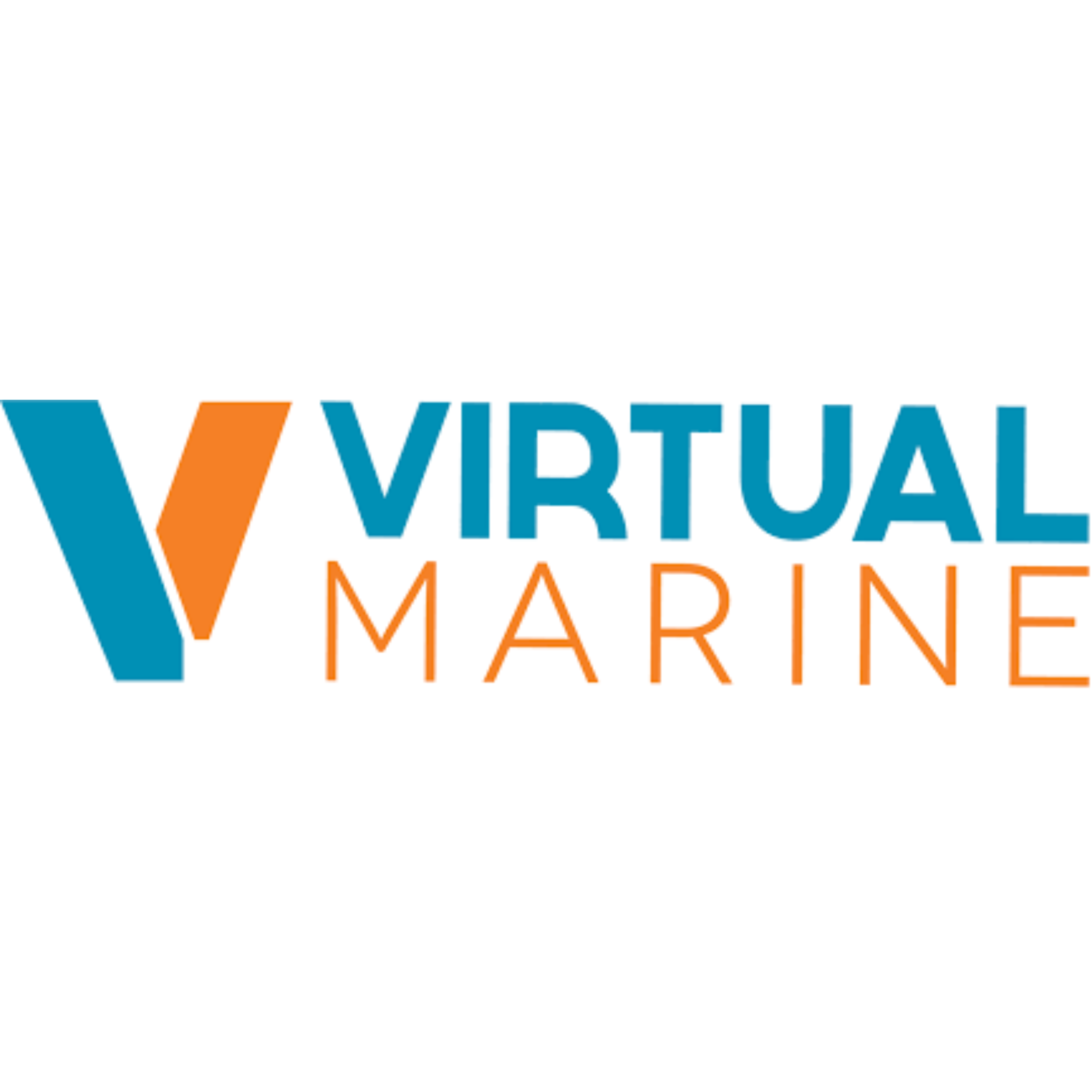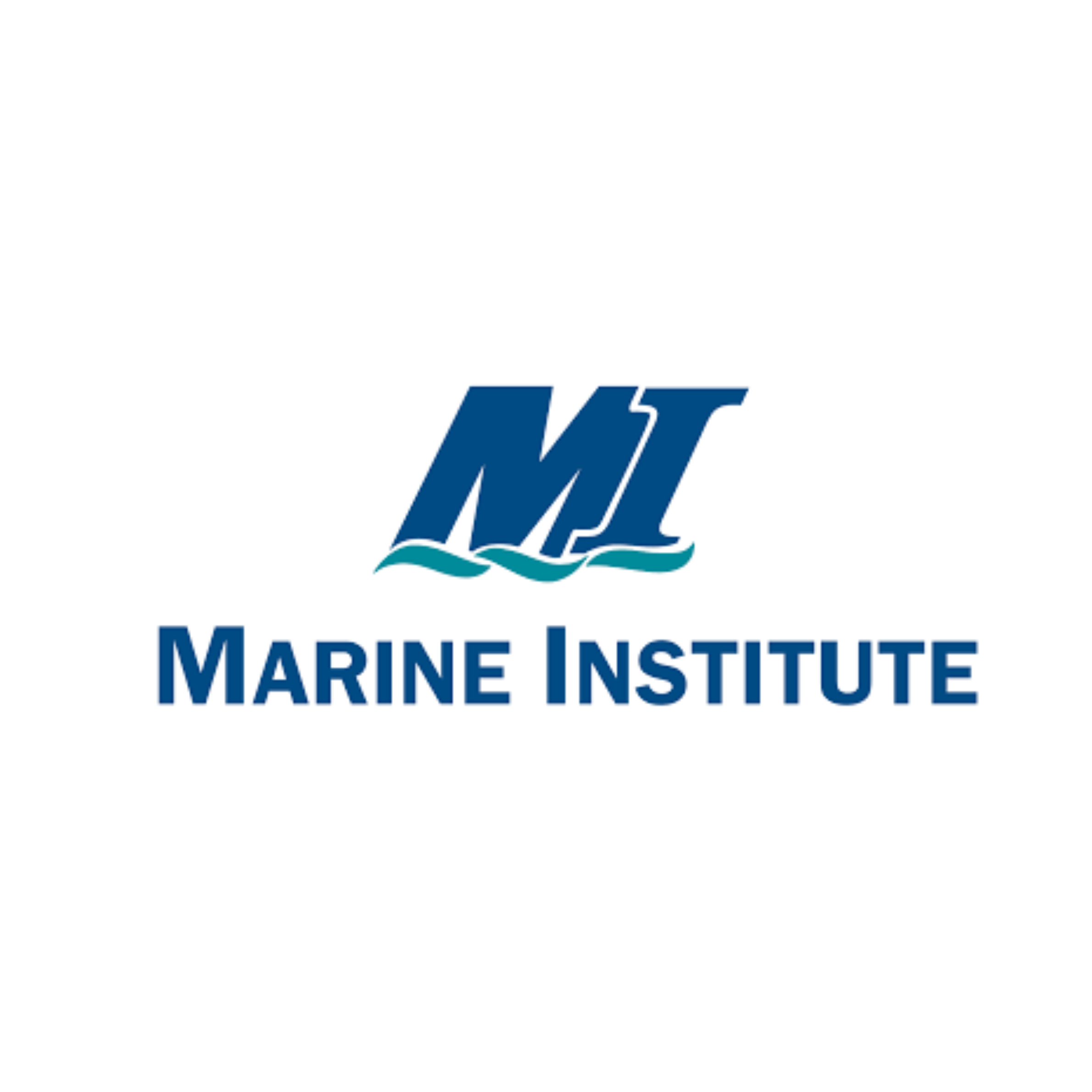Innovation Centre
Innovation Centre Project
Press Release: New Innovation Centre for Remote Operations to Transform Province
December 19, 2022 – St. John’s, NL: Today, the Honourable Dr. Andrew Furey, Premier of Newfoundland and Labrador, the Honourable Seamus O’Regan Jr., Federal Minister of Labour, Florian Villaumé, CEO of techNL, together with industry stakeholders announced $9.6 Million in funding to establish an Innovation Centre for remote operations in the province.
The establishment of an Innovation Centre for remote operations will build on exceptional levels of innovation, diversification, and collaboration. Multiple sectors and communities in the province will benefit including technology, energy, healthcare, mining, ocean, aquaculture, and fisheries. This Innovation Centre will foster collaboration and technology growth to accelerate the development of the innovation-driven economy in Newfoundland and Labrador. Read the full press release here.
Background and Rationale
 Several reports including the “Way Forward on Technology” workplan and the McKinsey report “Economic Growth Strategy” for Newfoundland and Labrador” identified that the Newfoundland and Labrador ecosystem needs an innovation centre to drive technology innovation, especially in established growing companies. Indeed, the local technology innovation ecosystem faces a number of challenges: 1) Silos between industries; 2) Lack of connection between organizations; 3) Missed partnership opportunities; 4) Slow learning and emergence of new solutions; 5) Lack of technology infrastructures and flexible office/warehouse spaces; 6) Low visibility of new technologies developed locally; 7) Established and growing companies don’t have access to a collaborative innovation space like companies in thriving innovation ecosystems do (E.g. Innovation Place in Saskatoon, Knowledge Park in Fredericton, Cove in Halifax, Oceans Futures Futures Innovation Hub in Victoria, Clean Tech Learning and Innovation in PEI, etc.).
Several reports including the “Way Forward on Technology” workplan and the McKinsey report “Economic Growth Strategy” for Newfoundland and Labrador” identified that the Newfoundland and Labrador ecosystem needs an innovation centre to drive technology innovation, especially in established growing companies. Indeed, the local technology innovation ecosystem faces a number of challenges: 1) Silos between industries; 2) Lack of connection between organizations; 3) Missed partnership opportunities; 4) Slow learning and emergence of new solutions; 5) Lack of technology infrastructures and flexible office/warehouse spaces; 6) Low visibility of new technologies developed locally; 7) Established and growing companies don’t have access to a collaborative innovation space like companies in thriving innovation ecosystems do (E.g. Innovation Place in Saskatoon, Knowledge Park in Fredericton, Cove in Halifax, Oceans Futures Futures Innovation Hub in Victoria, Clean Tech Learning and Innovation in PEI, etc.).
In the last few years, established companies and innovation leaders in Newfoundland and Labrador have thus looked to their industry associations techNL, Energy NL, Energy Research and Innovation NL and the Ocean Supercluster to develop a place in which they could collocate and collaborate to better address their needs, especially on technology development related to remote/digital operations. The idea of creating an innovation centre in Newfoundland and Labrador was born.
Vision and Objectives
Our vision is to create a world-class ecosystem for remote operations. The primary objective of the Innovation Centre (IC) is to address the technology development needs of established and growing companies – especially the ones, but not limited to, pursuing remote operations – in sectors such as ocean, energy, healthcare, mining, fisheries, transportation, and defence. These requirements include:
-
- Solving challenges related to Remote Operations
- Accelerating learning from peers and experts locally/internationally
- Accessing physical and digital spaces to demonstrate technologies, products and services to potential customers locally and internationally
- Availing of facilities and infrastructures that companies would not have access to otherwise (cost barrier, lack of awareness of what is available, etc.)
- Advancing export readiness
The secondary objective of the IC is to increase ecosystem collaboration and the exposure of established and growing companies to the innovation ecosystem stakeholders.
Remote Operations
There is wide ranging diversity in the quantity, quality, size and scope of remote operations within and across sectors. Remote operations are becoming more pervasive; however, maturity levels and adoption differs across sectors, with significant room for further adoption across many sectors. Below are examples of how remote operations are applied across diverse sectors that align with the remote operations expertise that is advancing in Newfoundland and Labrador:
- Energy: As the sector continues its journey to lower emissions, it must leverage technology to improve efficiency and worker safety whilst ensuring sustainability remains at the forefront of operations and data‐driven decisions. As referenced, the Bay du Nord Project will be the first remote, deepwater project in the province’s offshore, 500 kilometres from shore and approximately 1,200 metres deep. Its intention is to advance remote operation technologies using a reduced workforce, automation and remote sensing technologies. Hydrogen production and wind turbines development in rural areas will drive demand for remote operations.
- Healthcare: The telehealth and MedTech industries are experiencing tremendous growth. An ageing population has been placing an increased burden on the hospital and healthcare system for many years. Globally, governments are challenged to meet the growing healthcare demands and costs associated with rural healthcare. The COVID-19 pandemic highlighted weaknesses in the system and crippled services in many communities. Industrial remote operations, like Bay du Nord or northern mining projects, must also provide healthcare support.
- Mining: Global demand for minerals is increasing, advancing mining operations in remote, hard-to-reach areas. With increasing resource scarcity and environmental concerns, including a social license to operate, there is a need to operate with increased safety and environmental stewardship using new innovative strategies.
- Defence: Geopolitical volatility and border protection are major drivers for investment to continuously acquire and sustain capability into technologies and operations that improve defence and national security operations, particularly relating to Arctic regions, marine navigation and environmental monitoring across Canada’s vast north.
Benefits to the Innovation Ecosystem
The IC will be a technology centre primarily for established and growing companies that want to advance remote operations but also the ones interested in technology innovation in general. The proximity of those companies will encourage and facilitate collaboration on innovative technology research and development projects and generate joint industry projects and business-academic collaborations, embracing the power of collision spaces. The IC will accelerate the growth of those companies, advance technology development across multiple sectors and communities in the province, contribute to diversifying and greening our economy (reduce footprint, better decision-making, better use of natural resources, etc.) and be a catalyst to develop a larger innovation district. The IC will also position the province as a global centre for excellence and help our ecosystem attract new private sector investments, infrastructures, talent, partnerships and opportunities (e.g. ENCQOR 5G, ACENET, Google, etc.).
Space and programming for tenants
The tenants of the IC, mostly technology companies, will access three spaces:
Shared Office
Hot Desk/Events
Light Industrial Spaces
The tenants of the IC will also access programming and technical capabilities such as:
Technology education and mentorship
Demonstration programs and events
Access to and attraction of technology assets (Additive manufacturing, maker space, and protyping equipment)
Development of projects between companies
Export programming and experiential learning
Connection to local and international support and expertise (on-site concierge)
Fill out this form if you are interested in learning more
Tenants, Partners and Allies (so far)























